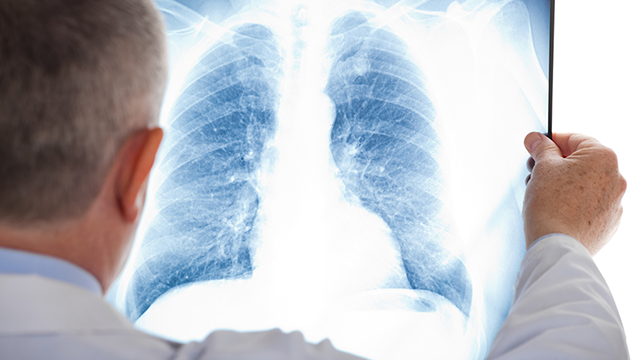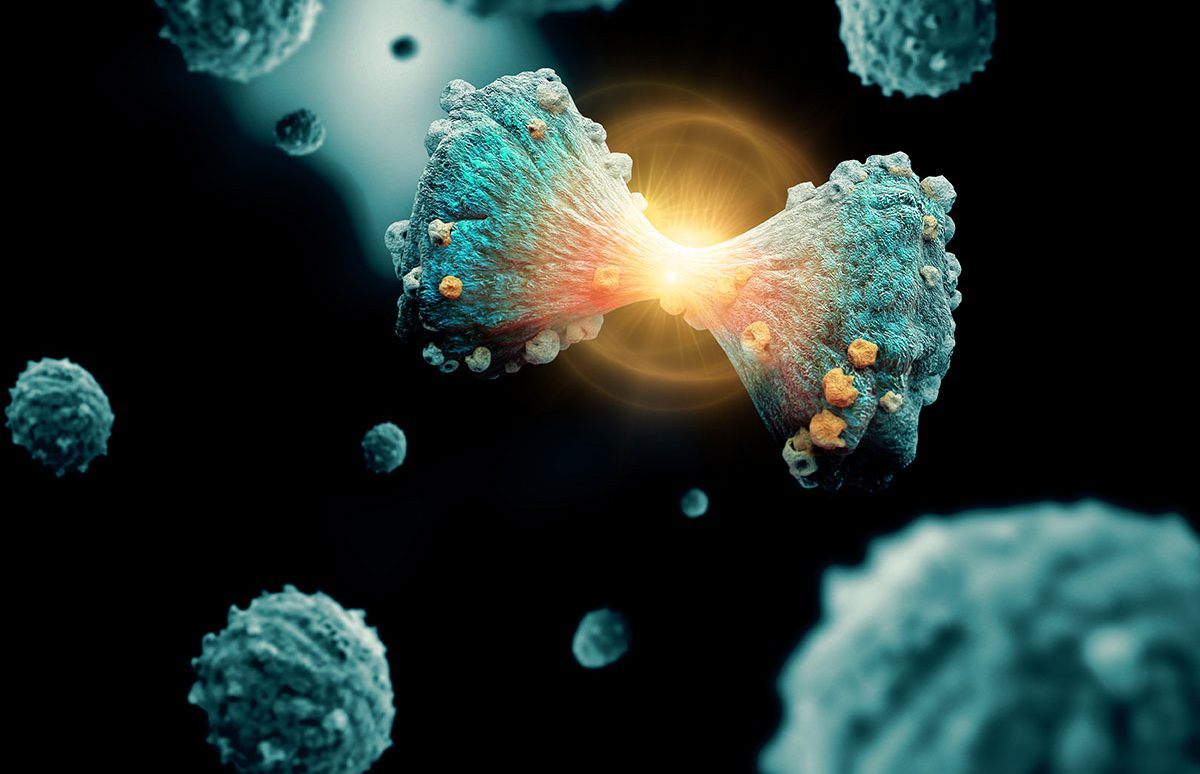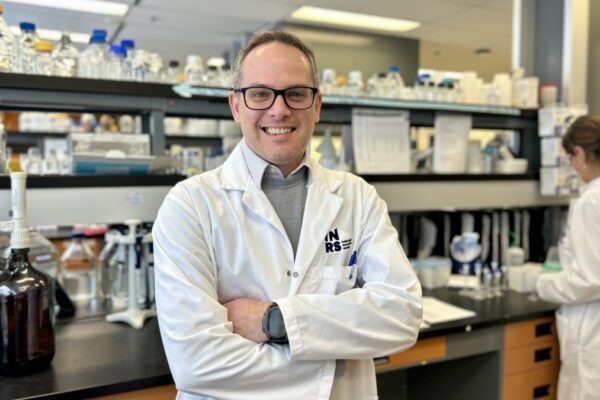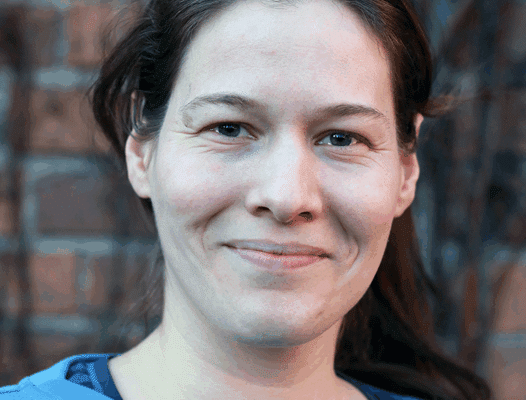- Research
-
YOU ARE
- Community member
- Future Student
- Student
- Professor
- Alumni
- Media
- Guidance counsellors
- INRS retiree
- Contact Us
- Newsroom
- Careers
- FR
-
Studies
We teach the next generation of researchers to develop scientific, social, and technological innovations.
-
Research
We find solutions through interdisciplinary research and industry or public and community partnerships.
-
INRS
We play an active role in Québec's economic, social, and cultural development.
An epidemiological study published in Frontiers in Oncology suggests that a diet high in carotenoids and vitamin C may protect against lung cancer. The study authors found that vitamin C appears to reduce the risk of lung cancer in female heavy smokers while beta-carotene, alpha-carotene, beta-cryptoxanthin, and lycopene play the same role in male heavy smokers.

Some of these antioxidants were also associated with a lower lung cancer risk in female moderate smokers and nonsmokers. “Our results suggest that vitamin C protects against lung cancer in women who have never smoked, something that to our knowledge has not been reported previously,” stated postgraduate fellow Martine Shareck, lead author of the study.
Data from a case-control study of lung cancer was used in the investigation, one of the few to examine the role of antioxidants like carotenoids and vitamin C by smoking intensity. It is the first study to consider both smoking duration and time since quitting, two key smoking history factors for lung cancer.
“For the three most common tumour subtypes, we observed that high intakes of beta-carotene, alpha-carotene, beta-cryptoxanthin, lycopene, and vitamin C were associated with a reduced risk of squamous cell carcinoma, while high intakes of beta-carotene and alpha-carotene lowered the risk of adenocarcinoma. Both medium and high intakes of beta-cryptoxanthin and lycopene reduced the risk of small cell carcinoma.”
Marie-Élise Parent, professor
Cigarette smoking is the foremost risk factor for lung cancer, the leading cause of cancer mortality worldwide. Yet diet can influence the occurrence of this cancer. In light of the study results, the authors conclude it is desirable to promote consumption of fruits and vegetables rich in carotenoids and vitamin C to reduce lung cancer risk in nonsmokers and smokers, including heavy smokers.
About this publication
Study results are presented in the article “Inverse Association between Dietary Intake of Selected Carotenoids and Vitamin C and Risk of Lung Cancer” published in Frontiers in Oncology by authors Martine Shareck, Marie-Claude Rousseau, Anita Koushik, Jack Siemiatycki, and Marie-Elise Parent. The research received funding from the National Cancer Institute of Canada, the National Health Research and Development Program, the Medical Research Council of Canada, the Canadian Institutes of Health Research, and Fonds de recherche du Québec – Santé.

The Scourge of Cancer
You may also like
Share



